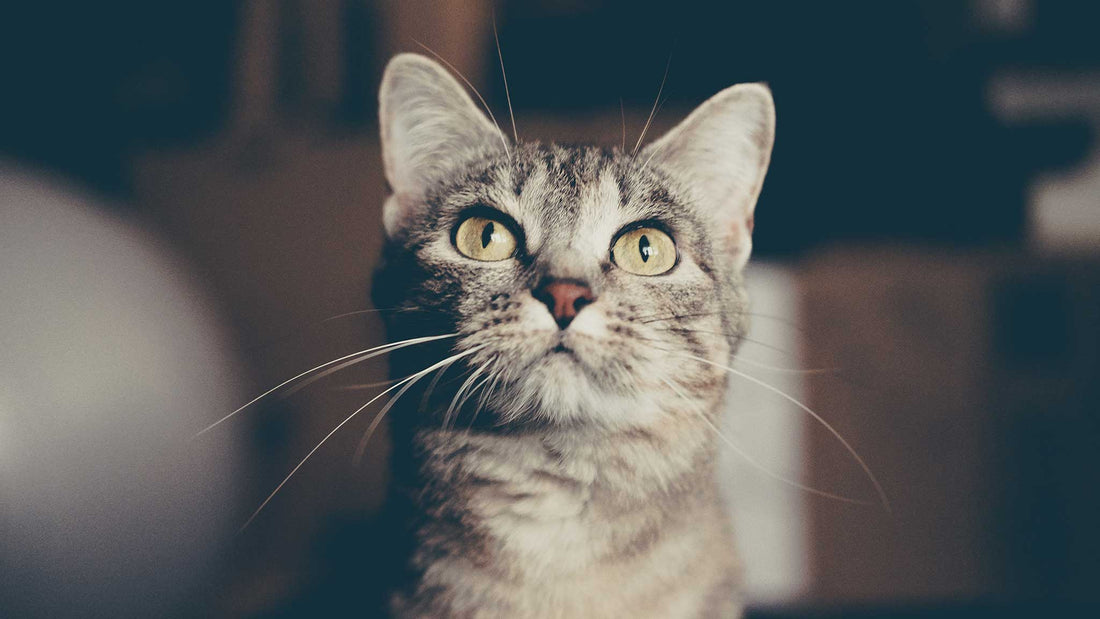
The most common serious health concern in pet cats today is Chronic Kidney Disease (CKD). It can lead to a number of complications, including high blood pressure, anemia, heart disease, kidney failure and ultimately, death. In this situation, the kidneys are not able to remove wastes and fluid from the blood. Excess nitrogenous waste products damage the kidneys and will lead to the accumulation of toxins in the body.
It is important for cat owners to know the signs of kidney disease so they can take the appropriate steps to keep their cats healthy.
What Role Does The Kidney Play In Cats?
Kidneys are a vital role in any animal's anatomy. Basically, they are designed to filter the bloodstream and expel any toxins via the urine. The kidneys also help to regulate electrolyte and water balance, as well as produce hormones.
What Causes Kidney Disease In Cats?
The most common causes of chronic kidney disease in cats are:
- Obesity
- Diabetes
- Hereditary factors
- Exposure to certain toxins (pesticides, herbicides)
How Do I Know If My Cat Is Experiencing Kidney Problems?
Chronic kidney disease is a progressive loss of kidney function. The only way to diagnose it is through blood tests and urinalysis.
In the early stages of chronic kidney disease, there are often no signs or symptoms. As the disease progresses, you may notice that your cat is drinking more water than usual and may have increased urination. Some cats with chronic kidney disease also have trouble sleeping and losing weight because they are unable to eat enough food to maintain their body weight.
The symptoms of kidney disease are:
- Loss of appetite
- Increased thirst
- Increased urination
- Weight loss or weight gain
- Excessive drooling or foaming at the mouth
- Abnormal breathing patterns (rapid, shallow)
Some of these symptoms can also overlap with kidney stones.
What Can Be Done To Treat Kidney Disease In Cats?
There is no cure for kidney disease in cats, but there are treatments that can help slow the progression of kidney disease and make your cat more comfortable.
Before making a diagnosis, your Vet will need to run a number of tests. One of the most important things to realize is the importance of a good species-appropriate diet to ensure the greatest chance of longevity is given to your kitty. This should always be the first step in helping to promote better health in your cat.
Some of the prescribed treatments might include:
- Treating the underlying cause of the disease, if it can be found.
- Treating high blood pressure with medications
- Treating high potassium levels with medications
- Treating anemia with medications or by giving a blood transfusion
- Preventing infections by giving antibiotics and other drugs
- Giving fluids to treat dehydration
How To Prevent Kidney Disease In Your Cat?
Cats are obligatory carnivores (meaning they need to eat a whole meat diet to get the essential vitamins and minerals they require for optimal health), and as such, they and their organs are not quite as resilient as omnivorous animals and will usually show signs of suffering from poor diet choices much sooner than say a pet dog for example.
After a diagnosis of CKD, many cat owners will turn to a more biologically appropriate diet after some research, looking for a more natural way to feed their cat. The change of diet can be made, but dependent on the severity of the condition, it is heartbreaking to sometimes discover it is too little too late.
This is why it's so important for cat owners to learn more about their cat's nutritional needs and make better cat food choices for them from the beginning or before a chronic illness is diagnosed.
Both you and your feline friend will thank you for it.
